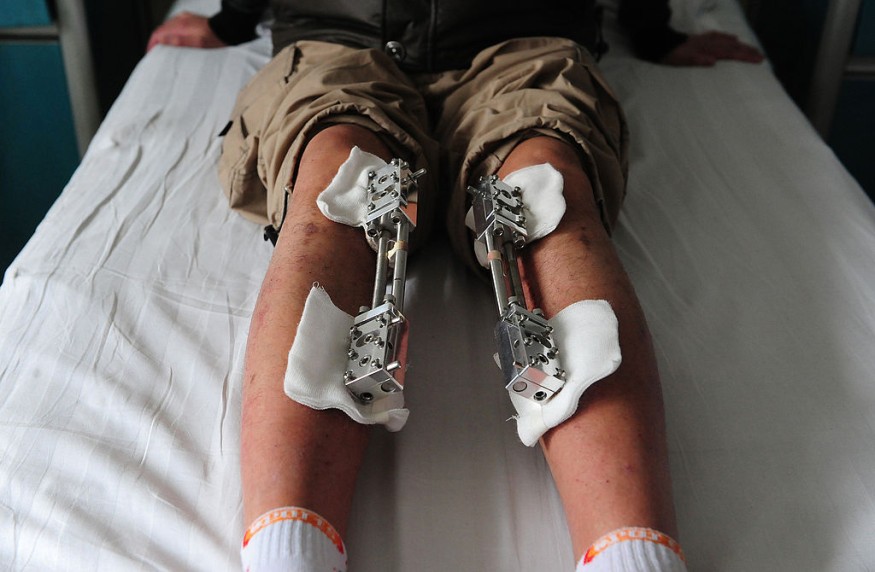The brain is known for consisting of neurons and receptor nerve cells responsible for humans and other animals to feel pain.
In severe cases known as chronic pain disease, a dilemma to the healthcare industry-studying how the brain controls pains may be essential for future treatment.
Recent research suggests that modifying a particular area of the brain can prevent receiving the stimuli of chronic pain.
This research is currently being led by the Massachusetts Institute of Technology (MIT) Professor Fan Wang.
The research aims to further understand how the brain processes pain stimulus and be able to turn it off; to help people suffering from chronic pain.
A complete understanding of these processes may one day create a unifying treatment for chronic pain.
Chronic Pain

The Johns Hopkins Medicine, an office of Johns Hopkins University (JHU)'s School of Medicine, attributed chronic pain to wide-scale expenses and economic burden to the US.
The disease not only affects the productivity and financial resources of its victim but also affects the economy of the country due to expenses in the healthcare industry and loss of productivity in workplaces.
In addition, the university's medicine body differentiated chronic pain from acute pain, which is the immediate but short-lived pain experienced from certain stimuli.
However, chronic pain can last longer, spanning from at least three months or even years.
Chronic pain is associated with long-term health conditions or diseases such as arthritis and level 4 cancer.
Chronic pain has cost the US $635 billion worth of expenses related to the treatment of the disease, according to a report from JHU researchers published in The Journal of Pain in 2012.
Off Switch Button for Pain
MIT Professor Wang is conducting a study on potentially altering the pain control mechanisms of the brain-as approximately 50 million Americans are suffering from chronic pain.
The disease prevents people from living a normal life, as per the MIT campus news.
Wang made a groundbreaking discovery of a potential off switch for pain located in the brain's amygdala.
The professor is viewing that controlling the so-called switch could allow the emergence of future treatments against chronic pain.
Furthermore, succeeding research on pain-suppressing neurons in the coming years can create a new therapeutic approach of either mitigating or completely curing the disease, said Wang.
Cases of Chronic Pain Outside the US
More than 30% of people across the world are suffering from the long-lasting effect of chronic pain, according to several reports published in the journal The Lancet in 2021.
The leading causes of chronic pain are arthritis, joint pain, and back pain.
The reports highlighted that chronic pain is linked with a lower life expectancy and that continuous unregulated medical prescriptions may only increase the risk of the disease.
In light of Wang's research, the possibility that one day we can treat chronic pain is likely in the coming years or decades.
However, the absolute eradication of pain is not the objective as the stimuli also protect us from both external and internal harm.
For instance, the signal of normal pain allows us to identify its cause-but not to the extent similar to chronic pain.
Related article : Could Spider Venom Relieve Chronic Pain?
© 2026 NatureWorldNews.com All rights reserved. Do not reproduce without permission.





